What Is Procrastination and Where Does It Come From?
Procrastination isn’t laziness, but instead, a coping mechanism that becomes a habit for avoiding discomfort. It’s a psychological loop where the brain seeks short-term comfort over long-term benefit. It often stems from fear—fear of failure, perfectionism, or even success. The irony is the relief you are seeking in procrastination is short-lived because merely knowing a task needs to get done continues to linger on your mind.
You can think of procrastination like a debt that collects interest—the longer you put it off, the heavier it becomes (compounding over time). And because time is your most valuable resource, every moment spent delaying is time you don’t get back. It’s important to realize that delaying something doesn’t make it disappear, it just makes it heavier, and you start to see how procrastination becomes a self-imposed burden.
What’s the Difference Between Procrastination and Laziness?
Laziness is an unwillingness to do something. Procrastination, on the other hand, is when you want to do something but keep delaying it. It’s an active choice, and that’s what makes it dangerous—it gives you the illusion that you’re still in control.
Procrastination is sneaky—it makes you feel like you’re still in control, even when you’re not. It tricks you into thinking you’re just “waiting for the right moment” when really, you’re just stalling. And that choice? It adds up. The silver lining is, if you can choose to procrastinate, you can also choose to take action.
How to Identify Procrastination and Break the Cycle
Procrastination isn’t always obvious. Sometimes, it disguises itself as productive procrastination, like reorganizing your desk instead of writing that report. Other times, it’s avoidance through distractions like social media or excessive planning.
To stop procrastination, you need to foster self-discipline and create systems. Discipline keeps you on track in the moment, but systems make sure you don’t have to rely on willpower alone. The goal isn’t to wait for motivation, it’s about creating habits that make taking action your default setting.
5 Ways to Stop Procrastinating
1. Set Time-Bound Goals
Deadlines create urgency. Even self-imposed ones trick your brain into focusing on a task. Try the Pomodoro Technique to work in short, focused bursts with breaks in between.
Deadlines create urgency. Even self-imposed ones trick your brain into focusing on a task. Try the Pomodoro Technique to work in short, focused bursts with breaks in between.
2. Keep a To-Do List
Your brain isn’t designed to store endless reminders. Write tasks down, break them into steps, and check them off as you complete them. Seeing progress builds momentum and confidence.
Your brain isn’t designed to store endless reminders. Write tasks down, break them into steps, and check them off as you complete them. Seeing progress builds momentum and confidence.
3. Rank-Order and Prioritize Tasks
Not all tasks are created equal. Use the Eisenhower Matrix to direct your attention on urgent and important tasks. By determining what needs your immediate attention, you can decide what can be scheduled for later, delegated, or deleted from your tasks.
Not all tasks are created equal. Use the Eisenhower Matrix to direct your attention on urgent and important tasks. By determining what needs your immediate attention, you can decide what can be scheduled for later, delegated, or deleted from your tasks.
4. Start Small to Build Momentum
Action creates motivation. If a task feels overwhelming, break it down into small chunks and start with the easiest part. The brain craves completion, so once you start, finishing becomes easier.
Action creates motivation. If a task feels overwhelming, break it down into small chunks and start with the easiest part. The brain craves completion, so once you start, finishing becomes easier.
5. Create Accountability
Share your goals with someone you trust. Having a friend, mentor, or accountability partner to keep you in check can reduce the likelihood of pushing tasks aside.
Share your goals with someone you trust. Having a friend, mentor, or accountability partner to keep you in check can reduce the likelihood of pushing tasks aside.
The Benefits of Overcoming Procrastination
When you stop procrastinating, life feels lighter. Stress levels drop. Productivity increases. Confidence builds. And, most importantly, you stop feeling like time is slipping away from you.
Imagine how much lighter your mind would feel if tasks didn’t pile up. Instead of carrying unfinished work like a weight on your shoulders, you move through your day with a sense of accomplishment. The biggest reward for overcoming procrastination isn’t just getting things done—it’s the peace of mind that comes with it.
Just remember that procrastination is a trap, but it’s one you can escape. By recognizing it, creating systems, and taking action, you stop letting time slip through your fingers.
The best time to start was yesterday—the next best time is now.
Sincerely,
The best time to start was yesterday—the next best time is now.
Sincerely,
Dexter Lam

Do you want to level up and change your life Trajectory?
We're launching our course on Self-Awareness
Thank you!

